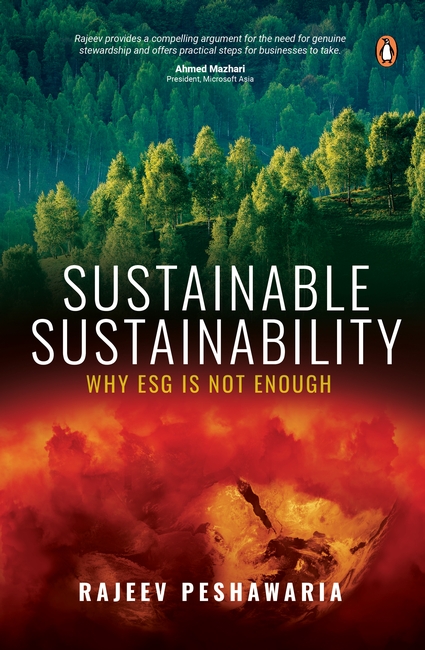
The good news is that everyone is talking about ESG.
The bad news is that everyone is talking about ESG.
The cry for a more inclusive form of capitalism is growing. But the irony is we are using the same tools that caused the excesses of shareholder capitalism—incentives and regulations—to drive responsible behaviour.
Eighteenth-century economist Adam Smith propagated profit maximization as the incentive for businesses to create goods and services that society needs. He argued that free-market competition would ensure consumers get the best quality product at the cheapest price.
200 years later, Milton Friedman agreed in his seminal 1970 New York Times op-ed that the sole responsibility of business is to maximize profits ‘so long as it stays within the rules of the game’. Incentives coupled with some regulations were to henceforth safeguard societal interests.
Instead, incentives created bad behaviour. Regulations were routinely bypassed with intelligent loopholes. Despite this—to encourage sustainability today—we are again using incentives and regulations. That’s predominantly what the ESG framework focuses on. And what do we see? Rampant greenwashing and box-ticking.
To address today’s existential challenges, we need innovation of the highest order. Innovation can neither be legislated nor driven by extrinsic incentives alone. We need a values-driven revolution. We need steward leadership—the ability to create a win-win-win future for stakeholders, society, and the environment. ESG must upgrade to ESL, where the ‘L’ stands for Steward Leadership. In ESL, ‘G’ is a subset of ‘L’.
Sustainable Sustainability lays out a practical, step-by-step playbook for any commercial entity that wants to succeed at marrying profit and purpose.
https://www.sustainable-sustainability.com
Published: Nov/2023
ISBN: 9789815144574
Length: 312 Pages